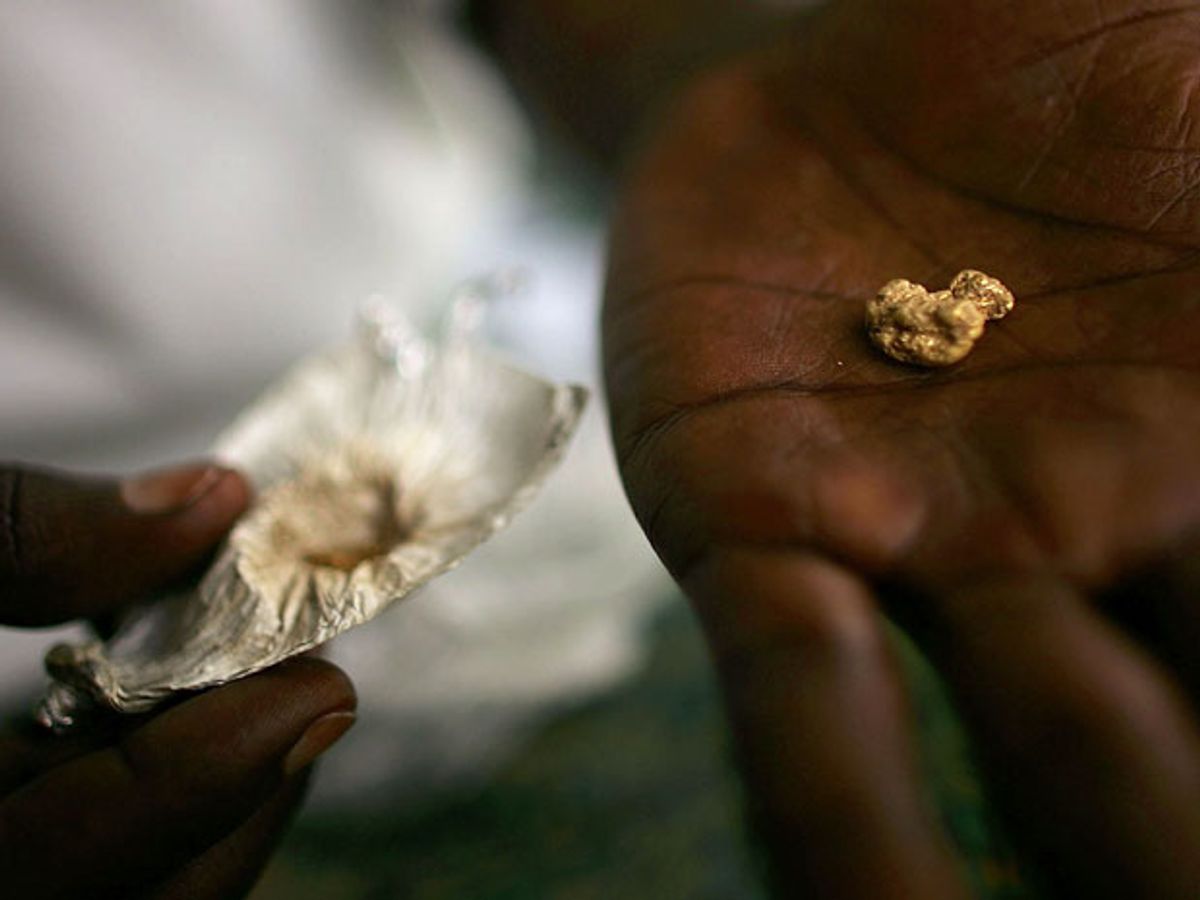Yesterday marked a tough deadline for technology companies: It was the date by which U.S. companies had to report on their use of conflict minerals. According to early reports, tech giants such as Apple, Intel, and HP met the deadline, but many other companies have yet to file or they've filed incomplete reports.
Conflict minerals are mined in the Democratic Republic of Congo, and their sale can profit warlords in the country's violent eastern provinces. In an attempt to deprive these militias of funds, new U.S. regulations require companies to declare whether they use tin, tantalum, tungsten, or gold in their products. If they do, the companies were required, by June 2, 2014, to audit their supply chains to determine the source of these minerals.
While the rules affect many industries, they're having a particular impact in the tech world. Electronics companies use all four of the metals in various products, and the electronics industry is the biggest consumer of tantalum, which is used in capacitors.
The Electronic Industry Citizenship Coalition (EICC), a trade group, has been helping companies prepare for the filing deadline for years, says Julie Schindall, the EICC's director of communications. "Because of the breadth of who’s affected, we do still have a lot of companies who don’t know what’s going on," Schindall told IEEE Spectrum. "We’re working on getting those companies to the table, and giving them the resources they need to go conflict-free."
The biggest resource may be the conflict-free smelter program that the EICC helped set up. That program audits smelters that deal in the four metals in question, and determines whether their ores are sourced from the Congo's conflict mines.
Apple and Intel have been notably proactive in addressing conflict minerals concerns, with Apple pledging in February to remove all conflict minerals from its supply chain. Apple's report says it has already ensured that its entire supply of tantalum comes from conflict-free smelters. Intel has been heavily involved in the conflict-free smelter program, and its report states that all of its microprocessors are now conflict-free. Campaigners hope those companies that haven't yet scrutinized their supply chains will follow the tech giants' lead, if only to avoid the bad publicity of being linked to the war in the Congo.
The campaign against conflict minerals is gaining some ground elsewhere. In March, the European Commission proposed a voluntary self-certification program for European companies that sell the raw minerals.
Eliza Strickland is a senior editor at IEEE Spectrum, where she covers AI, biomedical engineering, and other topics. She holds a master’s degree in journalism from Columbia University.



